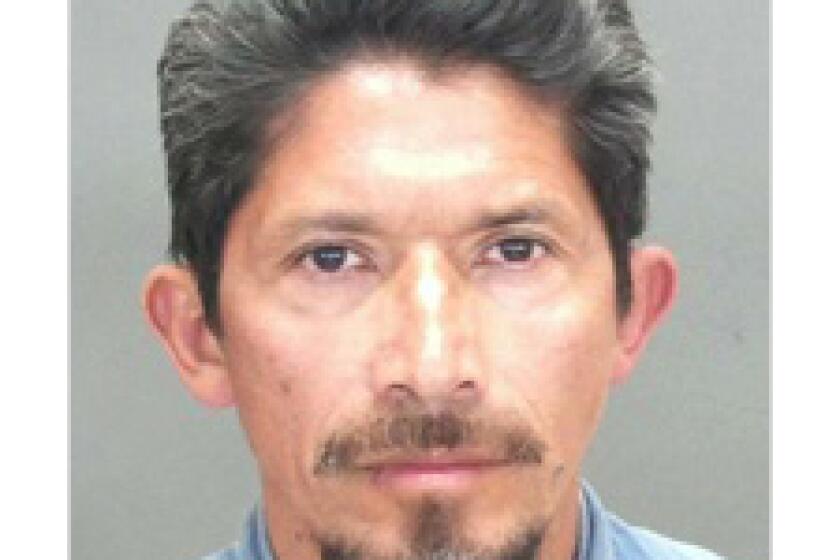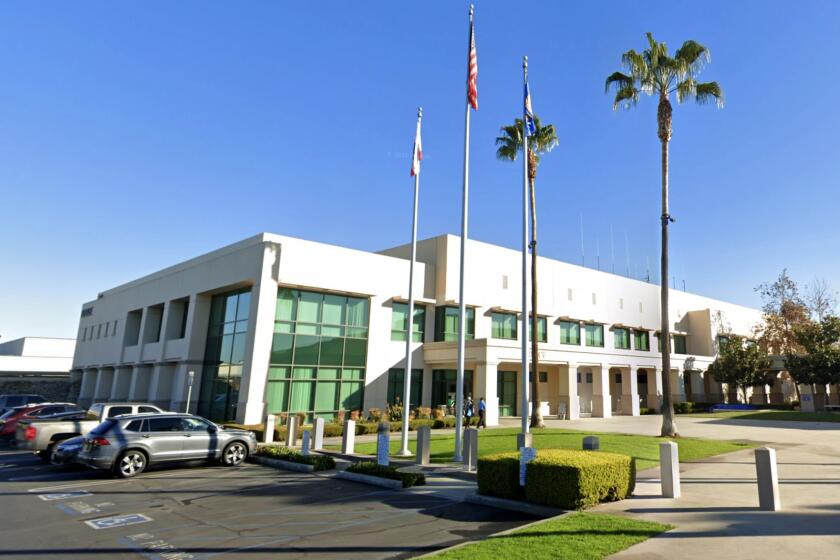Keeping their Vietnamese heritage alive
Before the Vietnam War, Mai Nguyen was an acclaimed music professor at the Saigon National Conservatory. Students came from afar to seek out her expertise with the Vietnamese zither, a harp-like instrument that in the right hands produces a haunting and ethereal sound.
When Saigon fell to communist forces in 1975, Nguyen was one of thousands of refugees who fled the country by boat. She left behind her beloved zither and resigned herself to the thought that she would never teach again.
But not long after arriving in Orange County, where thousands of displaced Vietnamese settled, fellow refugees began to seek her out. Please, they asked, can you teach our children?
Nguyen was able to get a friend to send her zither from Vietnam. And she began teaching students in her garage.
Nguyen, along with another former music professor, Chau Nguyen (no relation), started a group in 1989 to teach students to play traditional Vietnamese instruments. It began with 10 students who gathered for regular lessons.
Today, the Lac Hong group has grown to 100 students who participate in orchestra, children’s chorus, adult chorus, even traditional dance. They practice in an office on the second floor of a Little Saigon strip mall.
On Saturdays, the office is filled with sounds of the moon-shaped lute (dan nguyet), the one-stringed monochord (dan bau), the violin-like erhu (dan co), and the 16-string zither (dan tranh), which is plucked with tortoiseshell plectrums worn on the fingers.
“At first, I thought that nobody wanted to learn this kind of music, but as soon as I landed, they come and ask,” Mai Nguyen said. “The more I teach, the more I see that all of the Vietnamese love their music.”
Her goal is to preserve Vietnamese traditional music in the United States. Lac Hong is the largest group in the country that promotes traditional Vietnamese performing arts.
Children as young as 4 begin singing traditional folk songs with the two teachers. Eventually, students pick an instrument to master. Many continue taking lessons until they leave for college.
“The students are not just learning music,” Nguyen said. “They are learning culture.”
The students perform at events in the Vietnamese community and also in international festivals in Southern California. “We try to bring this art, this culture into the mainstream,” she said.
Nguyen said she is amazed that Vietnamese music continues to be played in the new country where she and thousands of other refugees came to rebuild their lives. Some students start learning at first because they want to please their parents, she said.
But many become enthusiastic about the music, she said, sometimes even learning a second instrument. Her older students have begun to teach beginners.
“The culture,” she said, “is still alive.”
--
More to Read
Start your day right
Sign up for Essential California for news, features and recommendations from the L.A. Times and beyond in your inbox six days a week.
You may occasionally receive promotional content from the Los Angeles Times.






